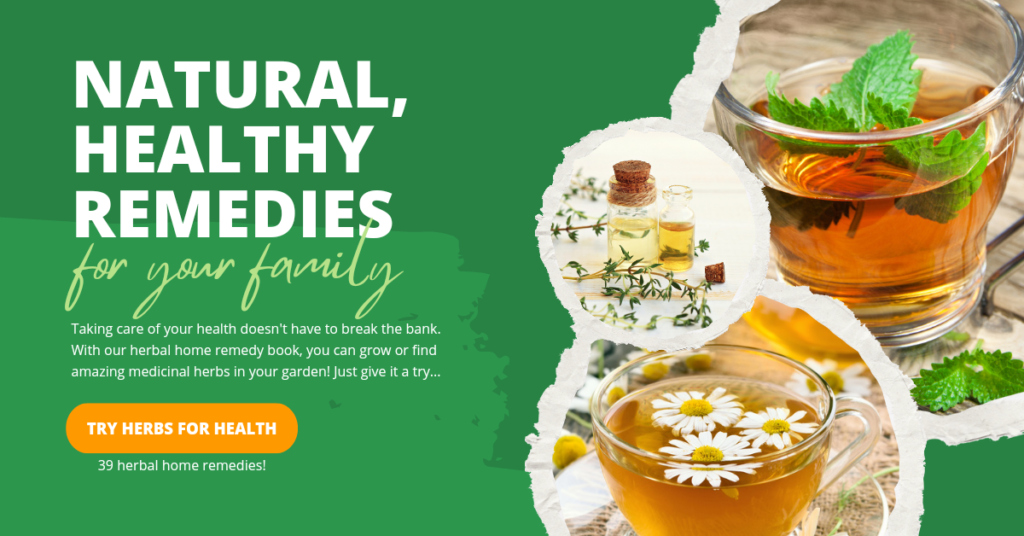This site contains affiliate links to products sold by selected self improvement partners. We may receive a commission for purchases made through these links.
I remind you that the information provided in this series is for information purposes only and is not to be used or relied on for any diagnostic or treatment purposes. This information is not intended to be patient education, neither is it to be construed as such. It does not create any patient-physician relationship and should not be used as a substitute for professional diagnosis and treatment where required. Consult a doctor for medical advice, treatment or diagnosis.
Also, while every attempt is made to ensure accuracy, you are strongly advised to take responsibility and do your own research.
In the previous article, we looked at Marjoram, specifically Sweet Marjoram (Origanum majorana L), and the benefits of this plant.
For this article, we will look at the ubiquitous culinary herb that is Oregano and identify important medicinal properties of this plant.
When you hear the word “Oregano”, what comes to mind? It is most likely that you are thinking about cooking, rather than the American state of Oregon. Can you taste the tomato sauce? I bet you can!
Of course, you would be right as most people do think of Oregano being added to sauces and other dishes such as pasta and pizzas. However, there are some surprising medicinal properties of Oregano. We will look at these a little later.
Oregano is a tough, woody perennial herb that is related to the mint family, and it is a very important culinary herb that is used in a lot of Mediterranean and Mexican cooking.
Its botanical name is Origanum vulgare (remember that name from the previous article), and it is also called Common or Wild Marjoram. Oregano is often mistaken for Marjoram as the plants look very similar.
Cooking and traditional uses
People use Oregano to make a savory tea when they need to deal with
- gas,
- indigestion,
- bloating,
- coughs,
- urinary problems,
- bronchial issues,
- headaches,
- swollen glands, and
- to induce and regulate a woman’s menstrual cycle.
There are claims that is can cure fevers, diarrhea, vomiting, and jaundice.
Others use the dried leaves by crushing them and adding just enough water to create a paste-like substance which they apply as a topical cream for arthritis, itchy skin, sore muscles, and swelling.
In Mediterranean cooking you will find Oregano in combination with Basil. The two always seem to go well together in a tomato sauce. Oregano is also used with many vegetable dishes as well as a seasoning on various meats.
When cooking, it is the leaves that are used and, while some prefer the fresh sprigs, most will agree that the dried Oregano is much more flavorful.
Other interesting uses
Here is a list of other interesting uses of Oregano you may come across in your own research:
- preserving food
- perfuming soaps and lotions
- potpourri and home décor
- natural/organic pesticide
- adding the leaves for a soothing bath
- applying the oil to relieve toothache.
Oregano in Jamaica? A side note
There are a lot of websites claiming that, in Jamaica, people burn Oregano-scented incense to ward off coughs and other respiratory distresses.
Really???
I grew up in Jamaica for fifteen years and I have never come across this herb. Mind you, while I did learn to cook, my mother did most of the cooking. If Oregano does exist, I have never seen it used in this way. People tended to drink “ganja” (marijuana) and other “bush teas” tea to deal with respiratory conditions.
Perhaps I missed something? Maybe things have changed? Or did the word get lost in translation? After all, people hear what they want to.
Evidence-based research of Oregano
Oregano has many proven medicinal qualities such as:
- antioxidant,
- anti-microbial (in essential oils),
- anti-inflammatory (for gastrointestinal health), and
- analgesic properties.
In addition, the biological activity in essential oils of oregano has also shown them having anti-diabetic and cancer-suppressing agents.
Making Oregano tea
In the following video from Herbalist Rosalee De La Foret, she demonstrates the health benefits of Oregano and shares with us how to make Oregano tea.
So you see, Oregano is not just for making tomato sauces in preparing pasta and pizza dishes.
In the next article, we will look at Parsley.
To a better, wiser, stronger YOU!
PS: All this talk of pasta and pizza is making me hungry…time to eat…

Note: I am an affiliate for the above offer and may get a commission on each sale.
Sources:
Oregano: The Surprising Medicinal, from Medicinal Kitchen Herbs & Spices. Located at Home Herb School (online), https://homeherbschool.com/
Evans, Hazel (1996). Marjoram, Mint and Marigold, in The Herb Basket. US: JG Press, Inc.
Veenstra JP, Johnson JJ. Oregano (Origanum vulgare) extract for food preservation and improvement in gastrointestinal health. Int J Nutr. 2019;3(4):43-52. doi: 10.14302/issn.2379-7835.ijn-19-2703. Epub 2019 Apr 9. PMID: 31080888; PMCID: PMC6508890.
Leyva-López N, Gutiérrez-Grijalva EP, Vazquez-Olivo G, Heredia JB. Essential Oils of Oregano: Biological Activity beyond Their Antimicrobial Properties. Molecules. 2017 Jun 14;22(6):989. doi: 10.3390/molecules22060989. PMID: 28613267; PMCID: PMC6152729.
This site contains affiliate links to products sold by selected self improvement partners. We may receive a commission for purchases made through these links.
